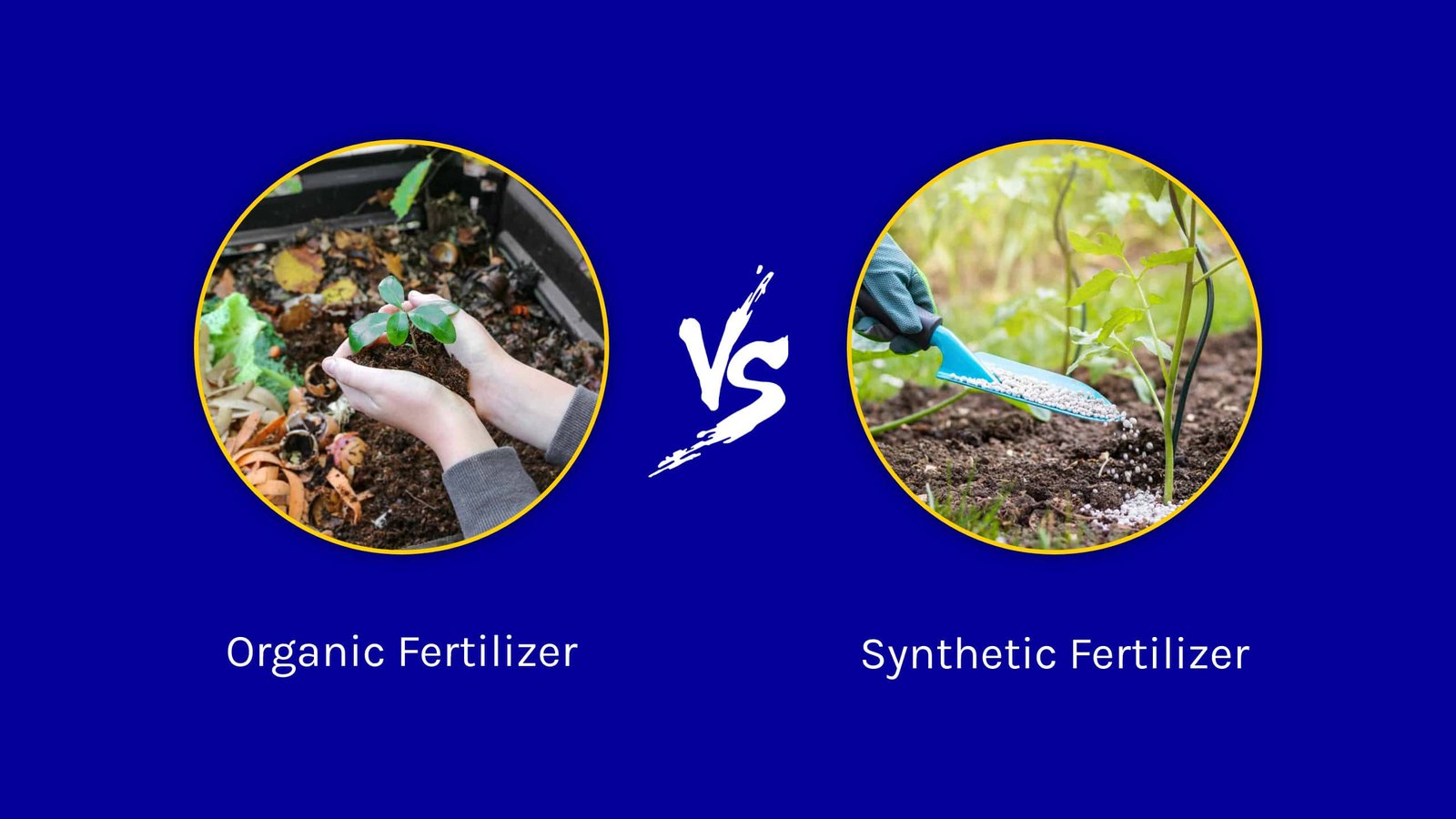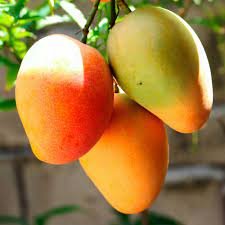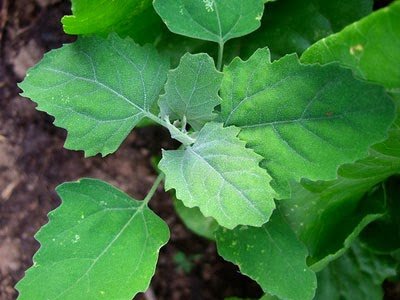
As the world becomes more conscious of the environmental impact of conventional farming practices, there has been a growing shift towards sustainable and eco-friendly alternatives. One such alternative that has been gaining momentum is the use of organic and bio fertilizers. These natural fertilizers not only provide essential nutrients to plants but also offer a multitude of benefits that are revolutionizing the lives of farmers.
Promoting Soil Health and Fertility
One of the key advantages of organic and bio fertilizers is their ability to enhance soil health and fertility. Unlike synthetic fertilizers, which can deplete the soil of its natural nutrients over time, organic and bio fertilizers work in harmony with the soil ecosystem. They enrich the soil with organic matter, improve its structure, and promote beneficial microbial activity, leading to healthier and more fertile soil.
By nourishing the soil, these natural fertilizers help to create an optimal environment for plant growth. They provide a steady release of nutrients, ensuring that plants receive a balanced diet throughout their growth cycle. This not only improves crop yields but also reduces the risk of nutrient imbalances and soil degradation.
Reducing Environmental Impact
Conventional farming practices often rely heavily on synthetic fertilizers, which can have detrimental effects on the environment. These fertilizers are typically made from non-renewable resources and require a significant amount of energy to produce. Moreover, their excessive use can lead to nutrient runoff, polluting nearby water sources and causing ecological imbalances.
Organic and bio fertilizers, on the other hand, are derived from natural sources such as plant and animal waste, compost, and beneficial microorganisms. They are renewable, biodegradable, and have a lower carbon footprint compared to synthetic fertilizers. By choosing these sustainable alternatives, farmers can significantly reduce their environmental impact and contribute to the preservation of our ecosystems.
Improving Crop Quality and Nutritional Value
Another way in which organic and bio fertilizers are transforming the lives of farmers is by improving the quality and nutritional value of crops. Studies have shown that organic farming practices, including the use of natural fertilizers, can enhance the flavor, aroma, and texture of fruits and vegetables. Additionally, organic crops tend to have higher levels of beneficial phytochemicals, antioxidants, and vitamins, making them more nutritious for consumers.
With the increasing demand for organic produce, farmers who adopt organic and bio fertilizers can tap into a lucrative market and command higher prices for their crops. This not only improves their profitability but also provides them with a competitive edge in an industry that is becoming increasingly conscious of sustainability and health.
Enhancing Long-Term Sustainability
By embracing organic and bio fertilizers, farmers are investing in the long-term sustainability of their land and livelihoods. These natural fertilizers promote biodiversity, support beneficial insects and pollinators, and reduce the need for harmful pesticides and herbicides. They also help to build resilient farming systems that are less susceptible to climate change and extreme weather events.
Furthermore, the use of organic and bio fertilizers encourages crop rotation, cover cropping, and other sustainable farming practices. These techniques help to improve soil health, control pests and diseases naturally, and reduce the reliance on external inputs. As a result, farmers can achieve greater self-sufficiency, reduce production costs, and build resilient agricultural systems that can withstand the challenges of the future.
Conclusion
The adoption of organic and bio fertilizers is transforming the lives of farmers by promoting soil health, reducing environmental impact, improving crop quality, and enhancing long-term sustainability. These natural fertilizers offer a holistic approach to farming that not only benefits the farmers themselves but also contributes to a healthier and more sustainable food system. As we move towards a more eco-conscious future, the use of organic and bio fertilizers will continue to play a vital role in shaping the success and well-being of farmers worldwide.











